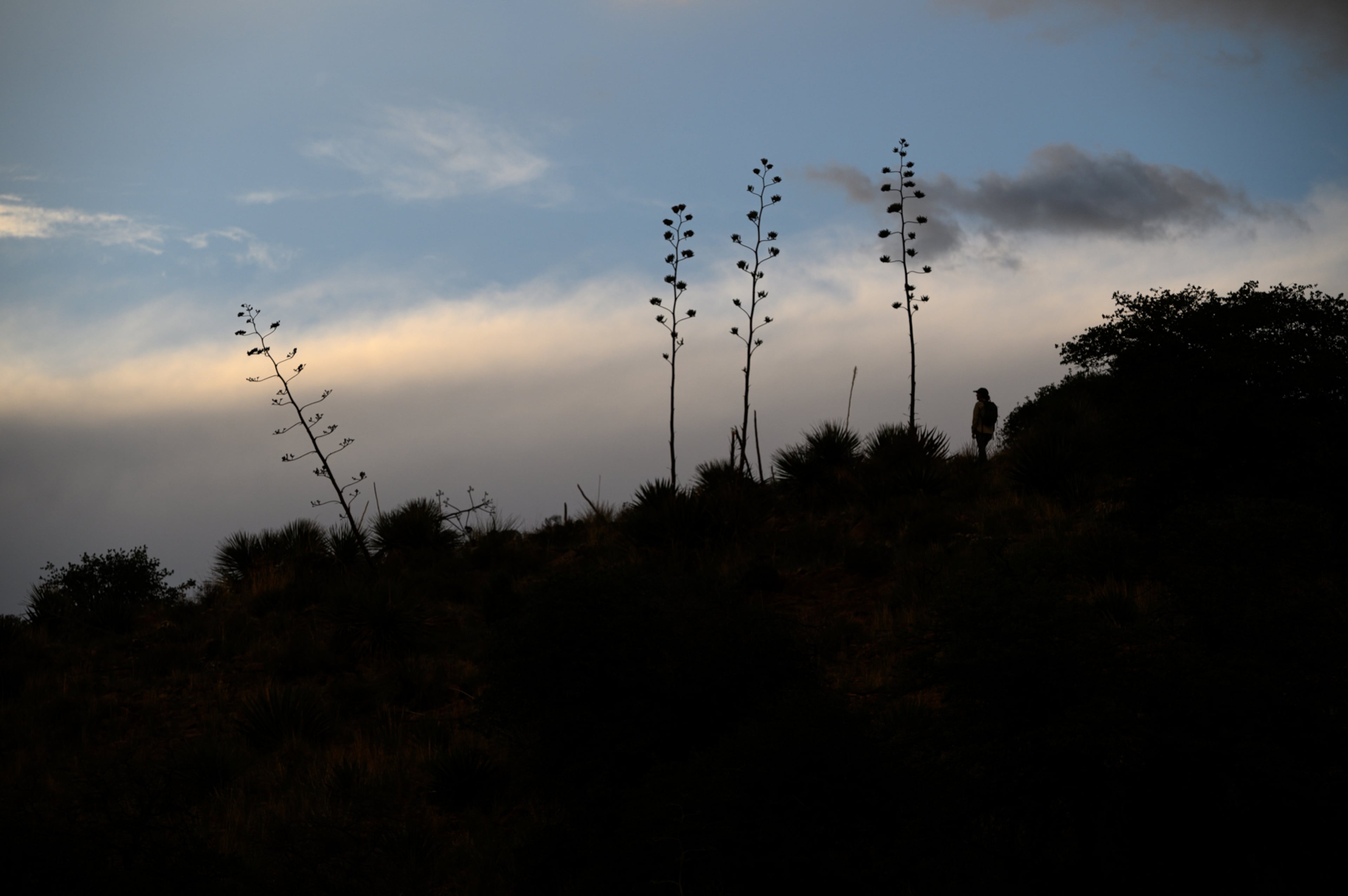Bookshelf: ‘Night Magic’ makes a case for embracing the dark

Like most kids who grew up in the South, I often saw lightning bugs in my yard on summer nights after dark. I was enchanted by them. But when you’re a child everything is new and you’re often filled with wonder, so it’s easy to take it for granted.
It wasn’t until I was an adult and went night swimming in a tropical mangrove lagoon filled with dinoflagellate, a harmless microscopic organism that lights up when it senses motion, that I fully appreciated the natural phenomenon of bioluminescence. With every wave of my hand through the water, a vivid, electric blue wake shone brightly under the moonless sky. I was overcome by a sense of a wonder, an emotion I hadn’t felt for a very long time.
The desire to experience that feeling again has brought me back to that same lagoon many times over the years. Swimming is prohibited now, but kayak tours are plentiful. Bioluminescent Mosquito Bay is a popular attraction in Vieques, Puerto Rico, just like the synchronized firefly phenomenon in the North Carolina mountains and elsewhere that beckon 1 million visitors worldwide every year.
As intriguing as it is to see critters light up at night, there’s a lot more going on in the natural world after dark worth exploring, according to Leigh Ann Henion, a nature writer from North Carolina. Building upon her previous book, “Phenomenal: A Hesitant Adventurer’s Search for Wonder in the Natural World,” Henion asserts that natural wonders await everywhere — even your own backyard — when the sun goes down.
In her new book, “Night Magic” (Algonquin Books, $30), Henion — often in the company of friends and family — takes readers on a series of adventures exploring the natural world at night.
In a voice that seamlessly vacillates between storyteller and poet, she recounts her experiences playing crossing guard for a herd of migrating salamanders; mourning the death of a massive cecropia moth; attending a Mothapalooza festival; visiting a garden that blooms at night; and witnessing synchronized fireflies on a trail where people set up “folding chairs as if they’re waiting for a parade.”
There are also chapters on bats and owls, glowworms and foxfire, a type of bioluminescent fungi.
Instead of encouraging readers to repeat her experiences, Henion inspires readers to explore their own corners of the world by venturing out in the dark, sitting still, being quiet and observing the nocturnal world unfold.
“Night Magic” ends with a rallying cry to preserve the dark by reducing light pollution — for the protection of wildlife and also ourselves. She cites studies in China and Japan that attribute light pollution to depression, diabetes and obesity. In her home, Henion replaces her lights with red bulbs.
“When moths circle lightbulbs, throwing themselves against sources of artificial light, they are likely aiming for the moon,” she writes. “When birds get caught in tunnels of light, they’re likely trying to read the stars. And when we throw ourselves against computers and tablets and phones as we scroll social media sites, we are likely attempting to reach the hearth fires that we, as humans, have always depended on. We’re seeking sensory-rich exchanges and comradery and caring reconciliation. And though our minds might be stimulated by their abstract representations, our bodies are finding two-dimensional, amped up facades. Artificial light, a false prophet.”
You might not be ready to change out all your lightbulbs after reading “Night Magic,” but you may find yourself looking at the natural world a little more closely. You mind find yourself viewing light pollution a little more disparagingly. And you might just experience a little more wonder in your everyday life.
Suzanne Van Atten is a book critic and contributing editor to The Atlanta Journal-Constitution. She may be reached at Suzanne.VanAtten@ajc.com.


